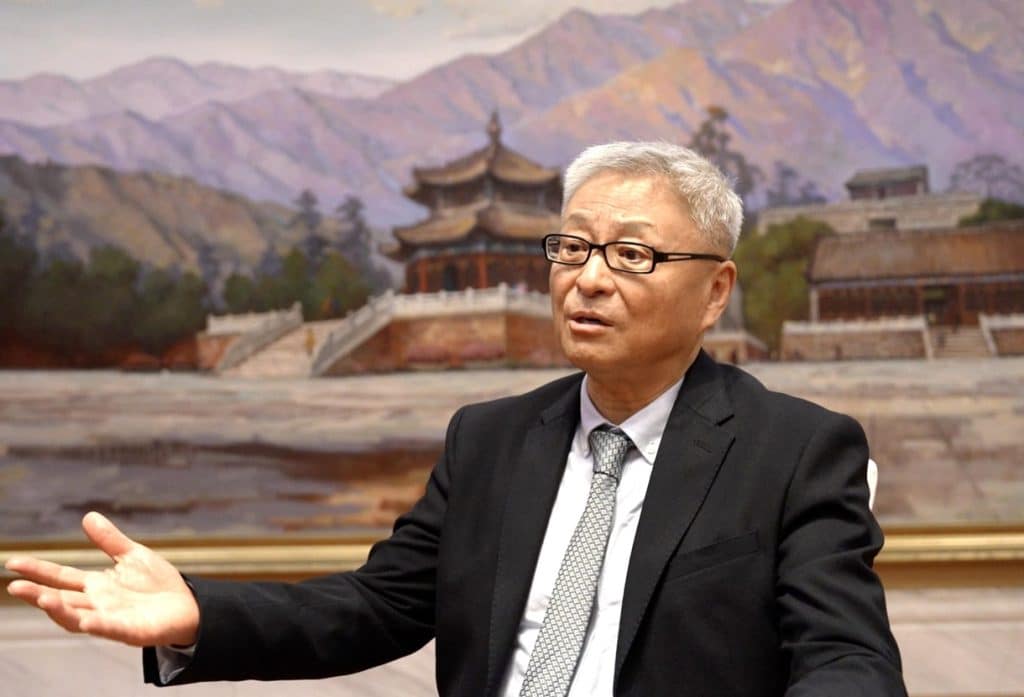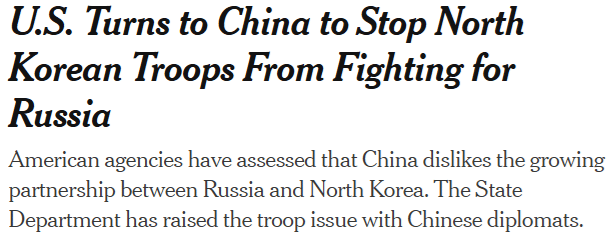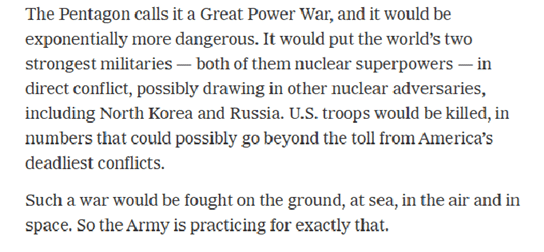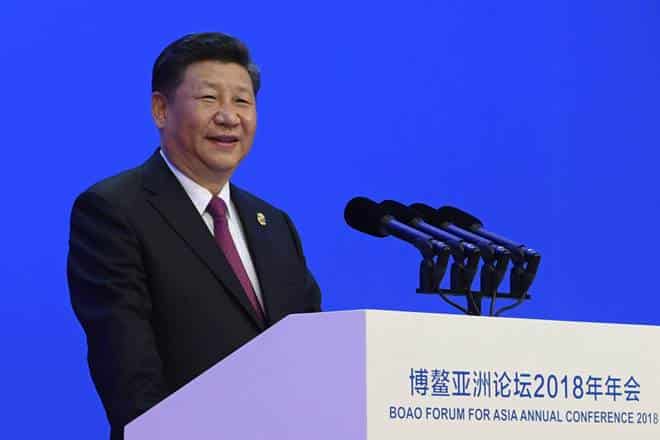Death of Baby in Stolen Car—A Case Analysis Through Weibo
作者:Julie Wu 来源:US-China Perception Monitor
A car theft in Changchun city in Jilin province on Monday, March 4 incited a mass movement in search for a baby that was left in the stolen car. The actual theft occurred at approximately 7:20 am, when the owners of the vehicle returned from inside a super market to find their car gone—along with their 2-month-old baby whom they had left in the car. The call for online assistance began on Sina Weibo, China’s popular microblog akin to Twitter, with a missing persons tweet from Central News in the afternoon of March 4:
[blockquote3]“#Looking for missing person# [Baby lost for nearly 10 hours]: A two-month-old baby boy placed in a stolen car has been missing for nearly 10 hours in Changchun. Highway authorities from Jilin province have searched toll booths within 200 kilometers of the crime scene, but to no avail. Many are now investigating underground parking lots. The stolen car’s license plate is AMM102; the baby boy is wrapped in a red floral blanket, with a birthmark on his left shoulder. The baby is too young and in need of breastfeeding; he is probably hungry by now. Everyone please spread out and [help] find the baby as soon as possible.” (March 4) [/blockquote3]
What ensued on Weibo consisted of re-tweets of details about the incident and real time updates, as well as messages that hopefully, if read by the suspect, would encourage him to return the baby unharmed as quickly as possible. The emphasis on the safety of the baby over any threat or punishment for the thief was a call of conscience shared by many. Many prominent public figures including Chinese actress Yao Chen and musician Zuo Xiao Zu Zhou utilized their Weibo to pass along the message to their followers.
On March 5, at approximately 5 pm, suspect Zhu Xijun turned himself in to the police. The 48-year-old man confessed that he had strangled the baby to death approximately an hour after he first fled the crime scene, and buried the two-month-old infant in the snow.
While the public’s effort on Weibo did not directly result in the final arrest of the suspect, there have been other success stories (e.g. on March 4, a local woman from Wu’an who read a missing persons tweet on Weibo was able to connect with the “lost boy” that she had noticed on a local news broadcast and reunite the two-year-old boy with his parents). The power of social media as an effective way of reaching and gathering help from different corners of the country should not be underestimated.
However, not only did this tragic incident bring thousands of people together in mourning the death of the baby, it has also triggered thoughts and discussions surrounding China’s child protection laws, government actions, and waning morality.
In shaping China’s child protection laws
While some are sympathetic towards the family’s loss, others are questioning the parents’ irresponsibility in leaving their child unattended in the car. Some say that despite the Law of the People’s Republic of China on the Protection of Minors, China is in need of more comprehensive child protection laws.
So far, there is no law in China that supports public prosecution of parents whose carelessness leads to the harm, loss, or death of their children. Wan Daqiang, a lawyer from Beijing Shangquan Law Firm commented that this consequently contributes to extra risks to children, as parents are less afraid of legal sanctions for their neglect.
In contrast, many laws and protection acts exist in the United States. Although child welfare laws vary from state to state, the federal Child Abuse Prevention and Treatment Act (CAPTA) (42 U.S.C.A. § 5106g) defines child abuse and neglect as, at minimum, “any recent act or failure to act on the part of a parent or caretaker which results in death, serious physical or emotional harm, sexual abuse or exploitation” or “an act or failure to act which presents an imminent risk of serious harm.” The same case happening in the U.S. will have undoubtedly resulted in serious legal retribution for the parents.
Cases of child neglect are not uncommon in China; Beijing police said on Saturday, March 7 that they had rescued six lost children aged from 3 to 7 years old over the course of the week, all of whom were lost due to parental neglect. However, simply having new child protection laws in China will not make a significant difference if there is no strict enforcement—parents will probably be just as likely to leave their children unattended for convenience. Parents should not be prompted by laws or fear of retribution to act upon their children’s wellbeing.
Government actions vs. Weibo actions
Despite the timely response from local government and police forces, many on Weibo hinted at the inefficiency and ineffectiveness of the forces involved, as thousands of police and citizens were unable to locate the burial site of the child that was actually less than 40 km away from the initial crime scene.
During this time, some Chinese journalists posted a screenshot on Sina Weibo of a supposed order from the local propaganda department as to how to cover the event on Changchun media. Within the instructions given, journalists were told not to include front page coverage and to “keep the message positive… [with] no questioning of the police work…or any accusations of shortcomings.” Although the authenticity of the order was not verified, tweets with the screenshot were quickly censored and many on Weibo were dismayed with the government’s approach to censoring media outlets in maintaining its image.
On the other hand, some online users were critical of Weibo users’ own involvement in publicizing the search before the sensitive “48-hour period” concluded, a period after which the odds of solving a missing persons case decreases by 50% if a solid lead is not found. They believe that during this time, any collective action may trigger the suspect to act irrationally and kill the baby—if he hasn’t already. Consequently, some also wondered if the suspect’s decision to kill the baby was due to the public’s collective action and search for answer. Although this was dismissed when news confirmed that the suspect had strangled the baby hours before the call for public attention was first issued, many still question whether it is wise for the public to participate in the search.
Regardless of the opinions on the matter, Weibo users seemed to be unified in their condolences and discontent at the cruel society in which they live.
Tragedy in an immoral society
The death of an innocent baby in the Changchun incident is tragically reflective of a society’s waning morality. Many on Weibo question the suspect’s cold-bloodedness and lack of human compassion—“you stole the car, that’s fine…but how can you bring yourself to take the life of an innocent baby who has yet to witness the coming of spring?” As lawyer Yuan Yulai tweeted, “…this society’s [concept of] reverence for life has become very foreign.” That is, people no longer regard the human life as something valuable. Surely, the parents were irresponsible in their actions, but society as a whole cannot divorce itself from its responsibilities. The incident, dubbed as “Case 304,” contrasts greatly with a similar event that occurred in Bronx, NY on February 5, 2013. In the Bronx case, the suspect contacted the police upon discovering the 8-month-old baby in the back of the stolen car. Although the suspect had time to flee, the baby girl was returned safely to her parents.
Amidst the online search for the baby, one car dealer company jumped at the marketing opportunity and tweeted:
[blockquote3]“Thoughts following the Changchun missing car and baby case: [you] can definitely consider purchasing a car with more advanced technology. Buick cars come with the OnStar GPS System, allowing the lockdown of a stolen vehicle at any time and place and automatically setting off the alarm. An easy heart and a piece of mind; if you are going to buy a car anyway, why not buy a Buick? …” (March 5) [/blockquote3]
In other words, if you buy a Buick car with its GPS system, the baby will never die! But this is not all.
One man swore that the public mourning for the loss of the baby is merely an attention-seeking act—“Complete hype!” he tweeted. The man even promised that if the story does not eventually unfold as hyped up by those involved, he will kneel in front of the Changchun train station for three days as an apology. Although he has kept his words (police found him kneeling outside of the train station soon after), the sheer distrust exhibited by this man and others brings about the question of what is more tragic—people utilizing this tragedy as an opportunity to garner publicity or the fact that it happens so frequently that people simply assume the broadcast of such an event is a hype for media attention?
The end of public outcry
The case is still under investigation, and the verdict for Zhu has not yet been handed down. However, while the incident received much attention from traditional and online media outlets during the search, the netizens on Weibo seem to have moved on to a different subject (powdered milk) since the body of the baby was discovered on March 6.
This is perhaps due to the fact that now that the search has concluded, the voice of the masses needed to be channeled elsewhere—other social, political, or economic issues. After all, in a country as large as China, there are many other concerns to be voiced, news to be shared, and stories to be told.
Another possibility as to why Weibo coverage of the event spiked and quickly waned is that there is a mob mentality behind posting on Weibo—once everyone else has moved on to another topic of conversation, you do not want to be the last one discussing an old topic. This is not to undermine the public’s shared genuine concern for the baby, but such emotions (along with curiosity as to how the case would conclude) can quickly lose their resonance. When the majority of the public has been given an answer to their question (that is, where the baby is and whether he is alive), few will remain for the follow-up (e.g. will this affect any child care policies and how to make sure the same tragedy does not happen again). At the end of the day, the masses are not directly affected by the outcome of the incident, which will sadly be just another cruel tragedy.
Famous businessman and renowned Angel Investor, Xue Manzi, summarized the event on his Weibo:
[blockquote3]“When Xiao Yue Yue[1] left, you said there is no indifference in Heaven; when the five children from Bijie[2] left, you said there is no coldness in Heaven; today, when little Hao Bo[3] also departed, you say there is no cruelty in Heaven … Every time a tragedy occurred, people are reviling, hating, reflecting, before [the tragedy] slowly fades, [is] overlooked, and forgotten…” (March 5) [/blockquote3]
It is unlikely for the Changchun tragedy alone to bring about any official changes to China’s child welfare protection law. However, as people reflect on what kind of society in which they live and any need for reform, hopefully the incident will continue to resonate with them such that if a similar situation were to occur again, the baby will at least be able to witness the seasons change.
[1] Wang Yue, also known as “Xiao Yue Yue,” was a two-year-old Chinese girl who was run over by two vehicles on the afternoon of October 13, 2011 in Foshan, Guangdong. As she lay bleeding on the road for more than seven minutes, at least 18 people walked around her body. The overwhelming apathy demonstrated by these passers-by later incited much public outrage.
[2] Five homeless children, found dead in a trash bin, died of carbon monoxide poisoning after starting a fire with charcoal inside the bin to warm themselves. The incident prompted scathing questions as to how the local government, teachers, family members, and society in general could have allowed the boys to end up in such a predicament.
[3] Hao Bo is the name of the two-month-old baby in the Changchun incident.
Written by Juehao (Julie) Wu. Julie Wu is an intern for the China Program at The Carter Center. She is a current third-year undergraduate student studying International Studies and Psychology at Emory University.
Photo: Locals hold a candlelight vigil for the two-month-old baby killed by a car thief in Changchun, the capital of northeast China’s Jilin province. / AFP
来源时间:2018/4/6 发布时间:2013/3/14
旧文章ID:15847








